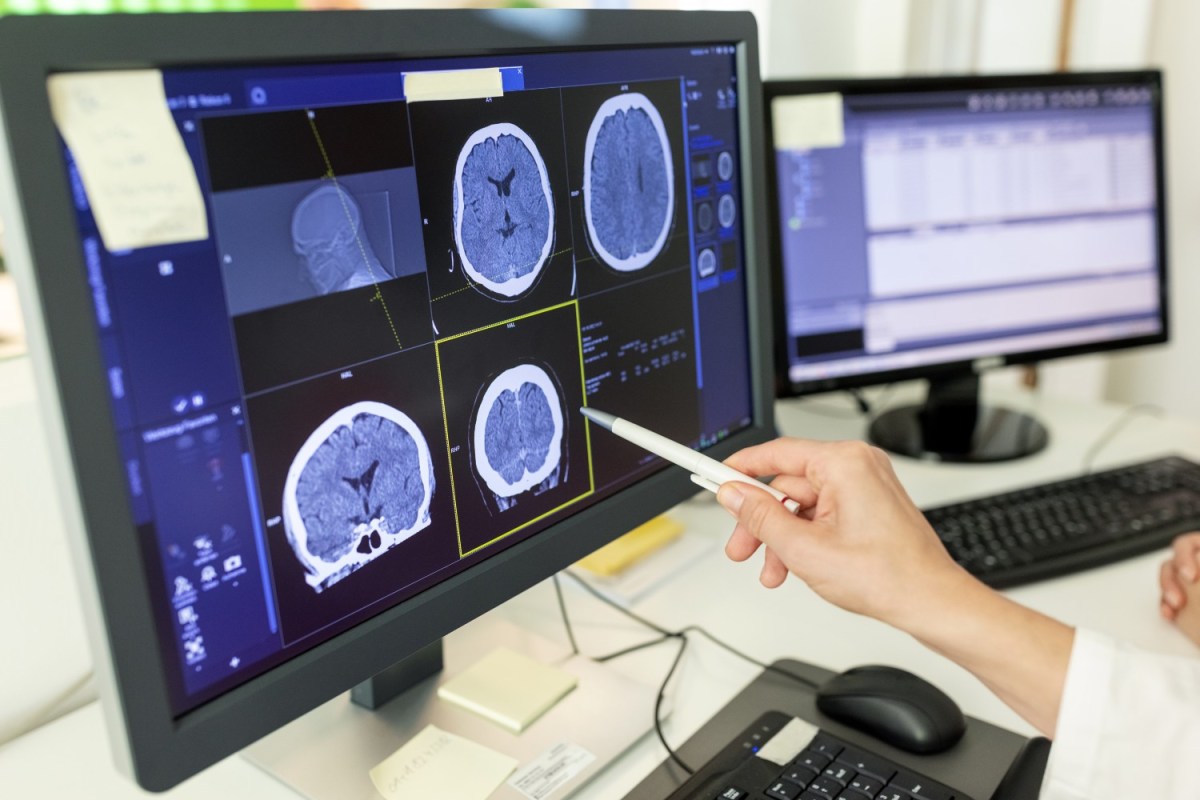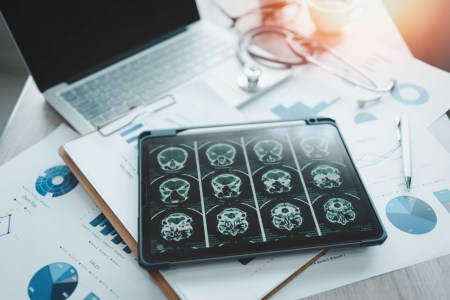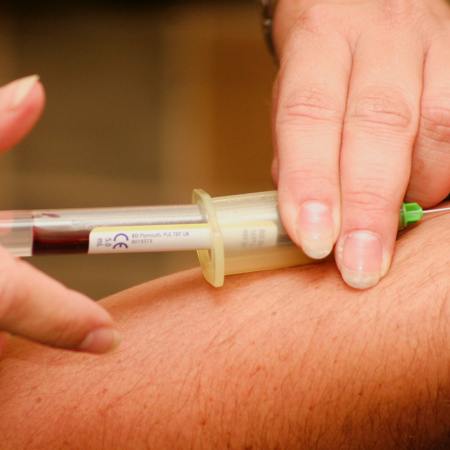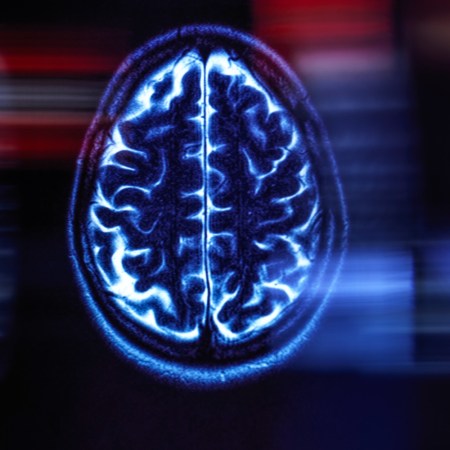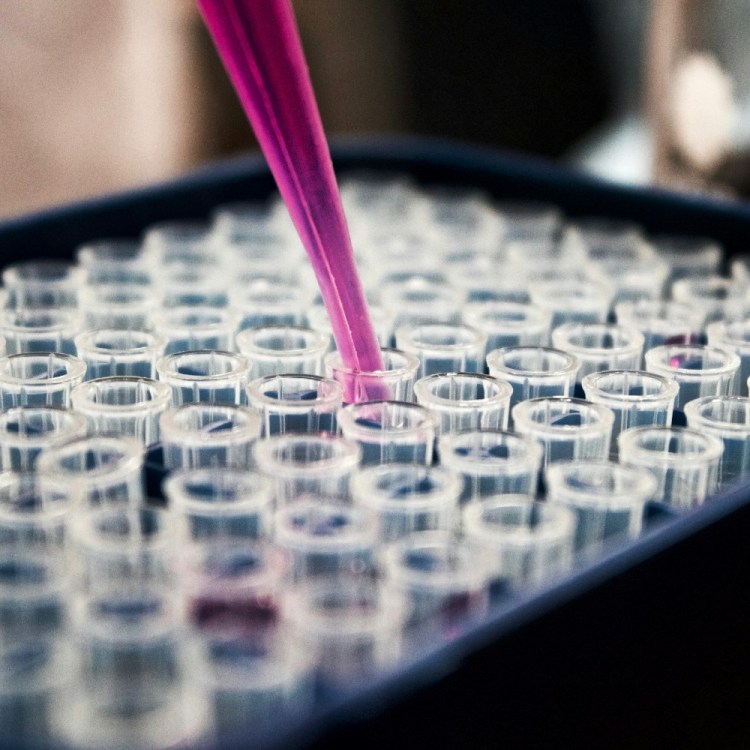For several decades in the 20th century, people in need of human growth hormone had one way to get it: cadavers. This came to an end in 1985, following the unsettling discovery that one of the cadavers involved had a case of Creutzfeldt-Jakob disease — leading to 26 deaths.
Unfortunately, the legacy of HGH taken from human cadavers doesn’t end there. The journal Nature reports that scientists have discovered evidence that some of the people given HGH from cadavers showed symptoms of dementia — along with deposits of amyloid-beta in the brain, which is generally associated with Alzheimer’s disease.
These findings don’t mean that there’s now a contagious form of Alzheimer’s — but it does serve as a warning to medical professionals that additional caution may be required under certain circumstances. The study‘s authors write that “there is no suggestion that [amyloid-beta] can be transmitted between individuals in activities of daily life.” Instead, they point out that “its recognition emphasizes the need to review measures to prevent accidental transmissions via other medical and surgical procedures.”
This isn’t the first time that a connection between HGH from cadavers and Alzheimer’s disease has been made. The authors of a study published in Nature in 2015 reviewed the autopsies of eight of the people who died from CJD after being treated with HGH from cadavers. The scientists found that, as Nature‘s Alison Abbott wrote, “[s]ix of the brains, in addition to the damage caused by CJD, harboured the tell-tale amyloid pathology that is associated with Alzheimer’s disease.”
Decades-Long Brain Study Offers New Details on Dementia Risk
Turns out a combination of proteins might play a roleNature‘s analysis of the study notes the relatively small sample size involved. Between that and the fact that HGH from cadavers hasn’t been used in humans for nearly 40 years, the specific issue involved isn’t necessarily an ongoing concern. But if these new findings can expand our knowledge of Alzheimer’s disease, it could lead to medical advances in the near future.
The Charge will help you move better, think clearer and stay in the game longer. Subscribe to our wellness newsletter today.
